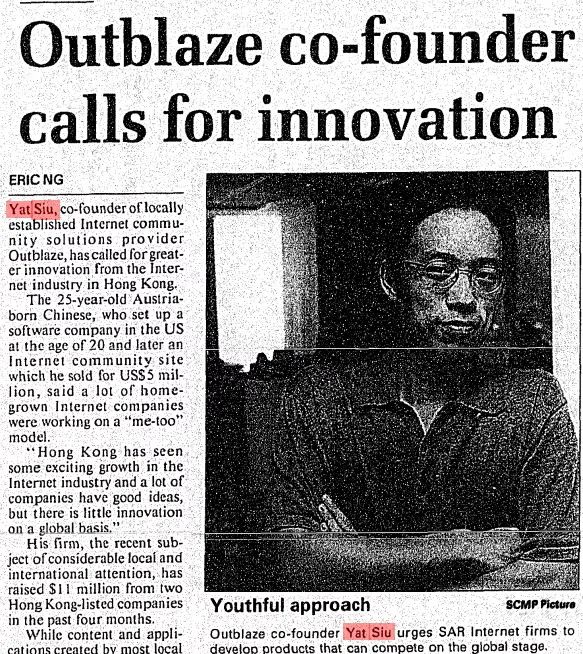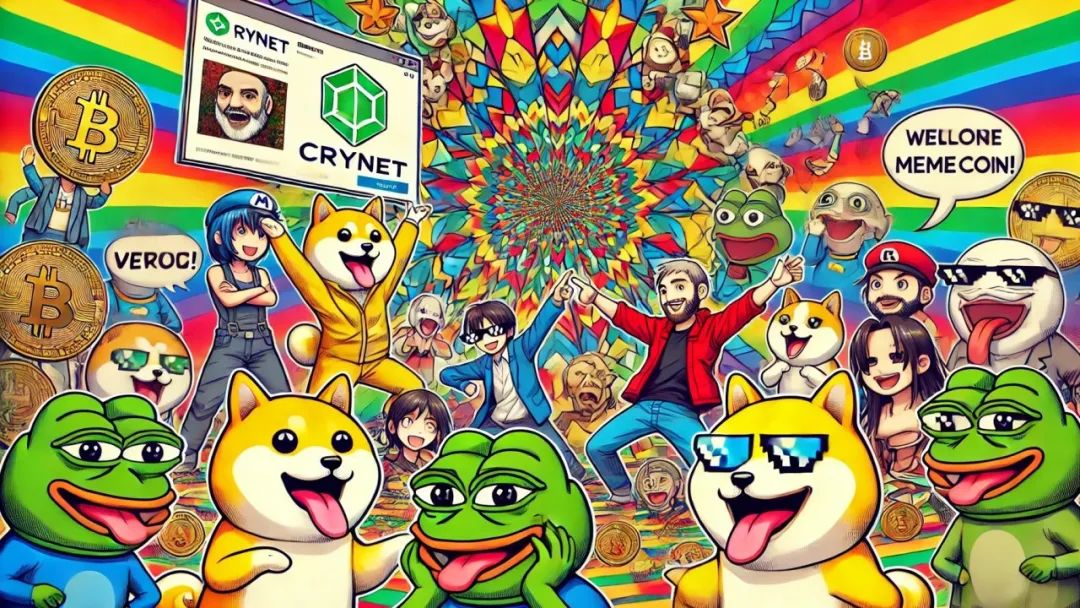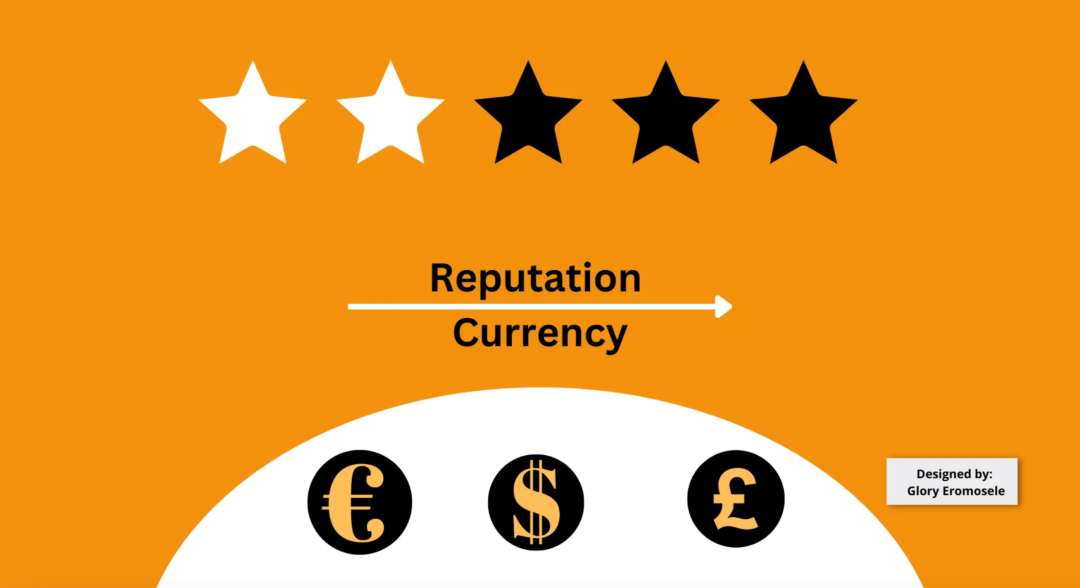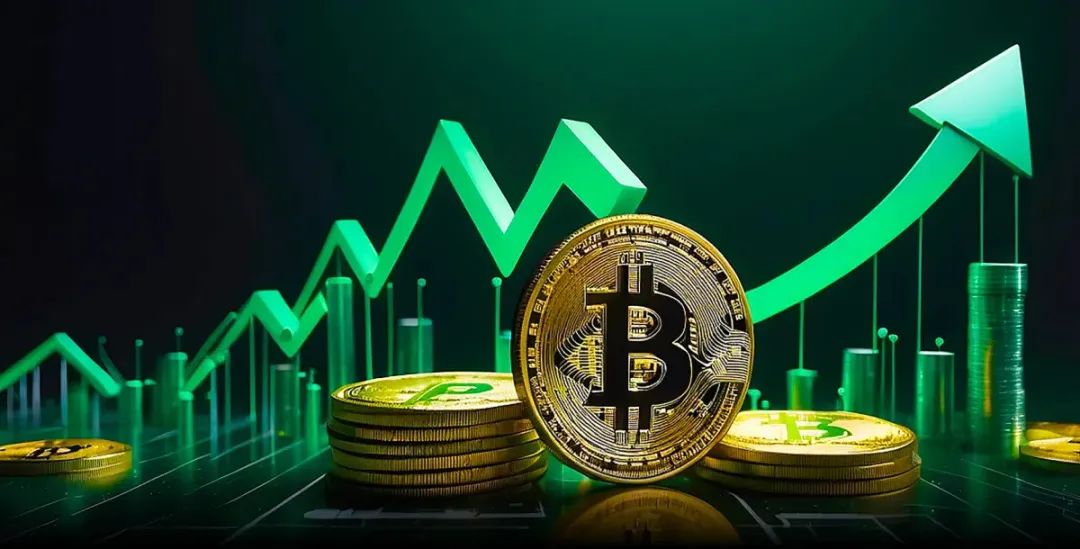When cryptocurrency becomes as useful to businesses as the internet was in the 1990s, it will reach a turning point.
Written by: Sam Reynolds, CoinDesk
Translated by: Catherine
As a venture capitalist, Yat Siu has spent a decade in the cryptocurrency investment space and has seen a lot.
The Hong Kong-based venture capital studio and game developer, co-founded by Siu, Animoca Brands, has grown to become one of the most influential brands in the Web3 culture, with data provider CoinGecko estimating that the market capitalization of tokens issued by Animoca's portfolio companies exceeds $45 billion.
However, the cryptocurrency winter of 2022-23 was a severe test for Animoca, with many of its companies' tokens dropping nearly 90%. During the depths of this dark period in February 2023, the Financial Times even questioned whether Animoca could survive.
Of course, times have changed. In 2024, Bitcoin's price has surged by over 120%, a pro-cryptocurrency U.S. president is about to take office, and Animoca has recently expanded its office space in Hong Kong by nearly four times, despite the local traditional financial market shrinking.
This series is brought to you by Consensus Hong Kong, from February 18 to 20. Come experience the most influential events in the Web3 and digital asset space, register now and use code ICPCHINA15 for a 15% discount.
Siu now believes the crypto industry is at a turning point, similar to the turning point he observed when the internet first changed business in the 1990s.
At that time, Hong Kong's garment industry (now a relic of the city) relied on sending samples to clients for inspection during the production process. There was no Slack, no Dropbox, or FTP, and the resolution provided by fax machines was not clear enough to accomplish the task.
Siu recalled in a recent interview with CoinDesk at Animoca's Hong Kong headquarters, "People used to design patterns and send them to the U.S. via DHL." Siu noted that this process took days to complete, with some companies incurring costs of up to $80,000 a month.
However, Siu proposed a solution. He operated one of the first broadband internet service providers, which allowed garment factories to perform high-resolution scans (previously difficult due to limited bandwidth) and send them to clients in the West.
The use of broadband internet made the client review process "infinitely cheaper" and more efficient, eliminating the "crazy" reliance on physical delivery for design approvals that Siu mentioned.

A 2000 clipping from the South China Morning Post, interviewing Yat Siu about his work at a previous internet startup (South China Morning Post archives).
Siu equated this innovation to the emergence of stablecoins and predicted that traditional financial institutions would eventually adopt stablecoins on a large scale.
He predicted, "If you want to do business with the U.S., you need to have a crypto track."
"Over time, this will become a business friction… If someone says, I want to send you some Tether or USDC, and the other party says, I can only accept wire transfers, that won't work," Siu said.
In Asia, the use of stablecoins has already become common in areas like supply chain finance. Siu explained that profit margins in industries like fashion are declining, and when stablecoins are sufficiently available, it makes no sense to use wire transfers to pay supply chain partners.
He pointed out, "Stablecoins are becoming indispensable for reducing the costs of these transactions and speeding up transaction times."
In Siu's view, this is the first part of the mass adoption of cryptocurrency by 2025.

Building Communities with Memecoins
In Siu's view, the next step is to expand memecoins more broadly across the entire blockchain ecosystem.
"I expect memecoins to launch their own L1 or L2; they are no longer just tokens; they are building communities and ecosystems." Siu said: "Memecoins are essentially cultural symbols; they are capturing people's attention and building narratives that resonate with people beyond financial speculation."
Siu noted that NFTs are following a similar trajectory, transitioning from standalone assets to components of a broader ecosystem.
Siu stated, "NFT projects are no longer just about issuing tokens; they aim to create ecosystems with cultural and symbolic value," citing examples like Solana's growing memecoin collection, some of which are now launching NFTs to enhance engagement and deepen connections with the community.
Siu pointed out that for memecoins and NFTs to achieve sustained success, they must evolve into a platform that allows the community to "build games, applications, and other experiences, not just speculation."

Strong Momentum in Crypto Gaming
Web3 gaming is not a new phenomenon, but efforts so far have not resonated with consumers. During the bull market of 2021, major studios faced a lukewarm response to their initiatives to incorporate NFTs into AAA titles like Ubisoft's Ghost Recon.
Similarly, Web3-native games like Decentraland have failed to attract a player base that matches their token's multi-billion dollar valuation.
Other games, such as Off the Grid, promised to bridge the gap between Web2 and Web3 gaming through stunning visuals and a focus on gameplay first, crypto second, but seemed to vanish weeks later.
However, Siu remains optimistic about crypto gaming.
He believes gaming is a powerful entry point for Web3, where culture, community, and ownership converge to create something greater, where in-game asset trading becomes an integral part of the game itself, naturally evolving from concepts like skin trading in games like Counter-Strike that many are already familiar with.
"To attract Web2 gamers, the focus needs to be on building network effects, creating a fun and engaging game, and enhancing the benefits of ownership and trading." Siu said: "By 2025, we will see Web2 gamers who won't even distinguish whether it's a Web3 game; they will enjoy it for what it is, and the benefits of blockchain will be an added bonus."
"They just want to play," he added.

Reputation as Currency
No economy can function properly without trust between parties and counterparties. Siu stated that while the transparency of blockchain helps create a more trustworthy environment, a system for measuring reputation is also needed.
"Reputation is a currency; it’s not just about rewards; it’s about how the network evaluates you and your contributions." Siu said.
He explained that a reputation network like Animoca's Moca ID can achieve this, allowing for a unified yet decentralized identification method across all companies in the Animoca portfolio.
Theoretically, this would be similar to Equifax in traditional finance, allowing for services like unsecured crypto loans—very different from the current over-collateralized loan system.
"If you don't have credibility, I can't trust you." Siu said: "Imagine the reputation you've built over the years; would you risk losing it over one wrong move?"

More Than Just Profit
As a venture capitalist, Siu certainly pursues returns, and he is also a staunch advocate of capitalism and its benefits. In previous interviews, he has stated that many people's despair and sense of inequality stem from a lack of financial knowledge, leading to inequality.
Those who do not have the opportunity to own property and generate income will not understand capitalism. Although capitalism is not perfect, it remains the best option for society, Siu said.
He has previously stated, "Web3 can save the narrative of capitalism by transforming users into stakeholders and co-owners," warning that "the roots of communism come from feelings of inequality."
For Siu, Web3 represents an opportunity to build a better form of capitalism that is more inclusive and participatory. He urges the industry to focus on the transformative potential of blockchain rather than short-term profits and warns against a "fear of missing out" mentality.
Siu stated, "Let’s remind ourselves that cryptocurrency is actually helping us build something greater; we are all making money, and this industry is great, and that’s good, but let’s remind ourselves why we are really here."
免责声明:本文章仅代表作者个人观点,不代表本平台的立场和观点。本文章仅供信息分享,不构成对任何人的任何投资建议。用户与作者之间的任何争议,与本平台无关。如网页中刊载的文章或图片涉及侵权,请提供相关的权利证明和身份证明发送邮件到support@aicoin.com,本平台相关工作人员将会进行核查。




